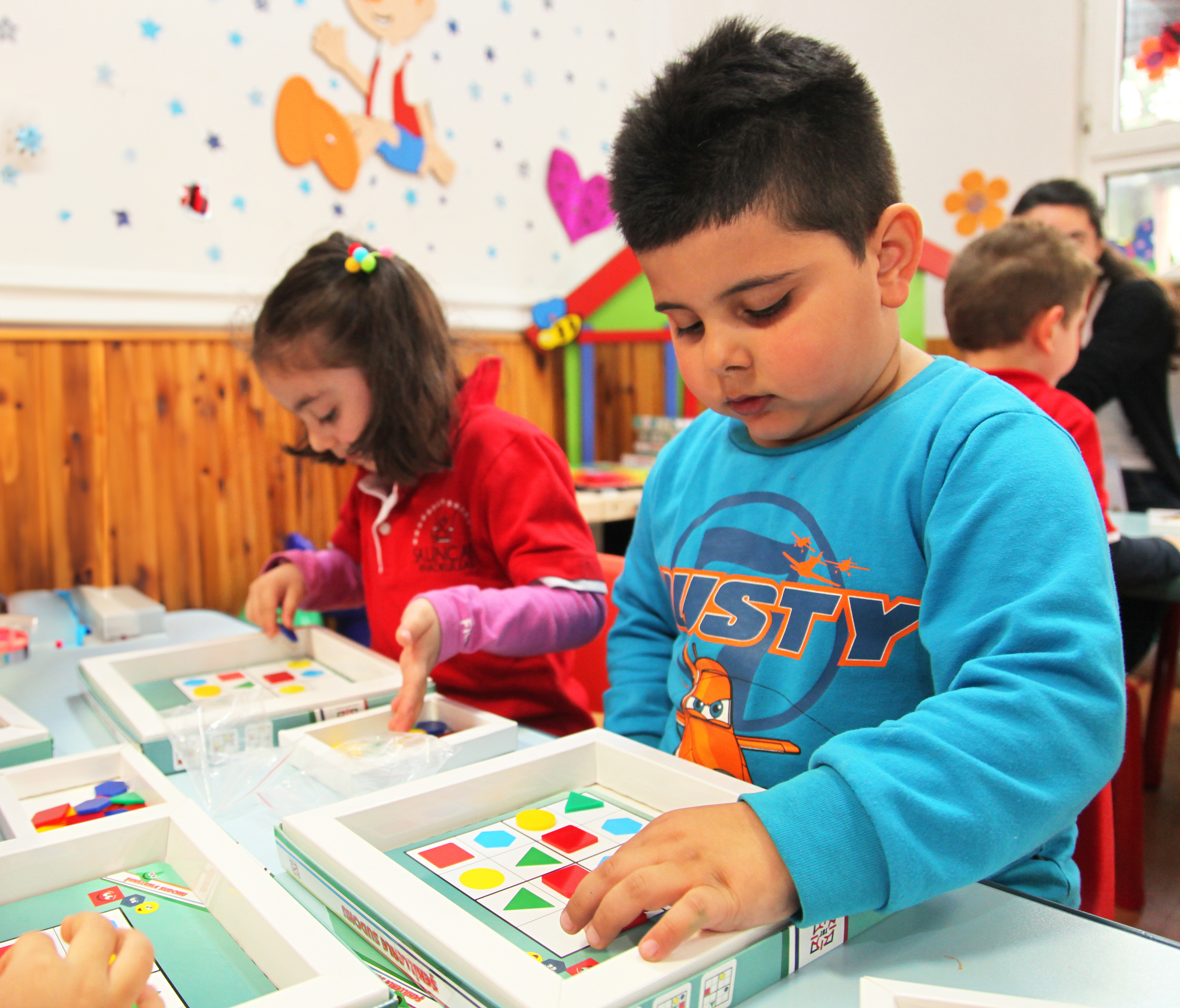Introduction
In 2017, the Ministry of Education (MoE) and UNICEF launched an eight-year executive plan to universalise KG2 access across Jordan by 2025. Despite its initial progress toward universalization, the COVID-19 pandemic in 2020 disrupted the MoE’s plans and resulted in the temporary or permanent closure of many private KG2 providers. As a result, public KG2s have experienced a 56% increase in the number of pupils enrolled, while the private KG2 system saw a 42% drop in enrollment in the same year. This has been, in effect, a reversal of previous trends in the KG2 sector in which nearly two-thirds of children were enrolled in the private KG2s. However, by 2020-2021, the proportion of students in private KG2s fell to just over a third as enrollment in the public KG2 sector surged.
To cope with the increased demand, the MoE has continued to expand access by: (1) renovating and building new public KG2 classrooms, (2) establishing a rotational system of face-to-face and online learning in overcrowded areas, and (3) creating a number of double shift KG2s. While these efforts have widened KG2 access, a significant percentage of children still cannot enroll in public KG2, and many families must rely on the private sector. In addition, Syrian refugees have notably less access to KG2 than other children. In fact, the overall rate at which Syrian children are enrolled in any public or private KG2 remains stubbornly similar to those recorded five years ago – when 52% of Syrian families accessed KG2, a rate much lower than Jordanian children (92%) or children of other nationalities (82%).
Despite its recent contraction, the KG2 private sector remains critically important for realizing the MoE’s goal of universal KG2 access. The public sector still lacks the infrastructure and funds to provide KG2 for all by 2025. Thus, the challenge now is how to understand the post-COVID private KG2 sector and determine how the public and private sectors may collaborate to universalize access to KG2, particularly for the most vulnerable children. To address these issues, the Queen Rania Foundation (QRF) is conducting a 12-month, GIZ-funded study of Jordan’s private KG2 sector starting in November 2022.
Study Aims & Objectives
Objective 1: Assess the quality and inclusivity of Jordan’s KG2 private sector provision.
Objective 2: Determine how the MoE and private sector may work together to universalize access to KG2 in the coming years.
This report is supported by the 'Early Childhood Education for Jordanian and Syrian students in Jordan' project, which is commissioned by the Federal Ministry for Economic Cooperation and Development (BMZ) and implemented by GIZ Jordan in cooperation with Queen Rania Foundation.
